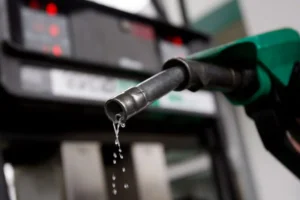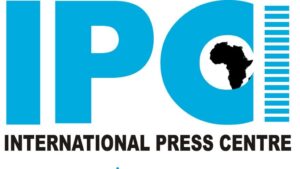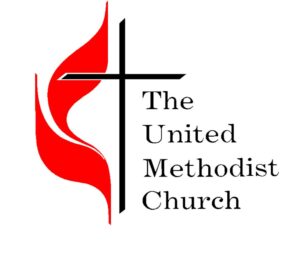Petrol prices in Nigeria have recently increased from N860–N880 to between N930 and N960 per litre at some filling stations, including those owned by Dangote Refinery’s partners.
According to Billy Gillis-Harry, the President of the Petroleum Retailers Outlets Owners Association of Nigeria (PETROAN), the price may soon hit N1,000 per litre. He shared his insights on the reasons behind this surge and what to expect in the coming days.
Gillis-Harry explained that the increase in petrol prices is due to economic and environmental factors rather than the government or Dangote Refinery alone. The deregulation of the petroleum sector means that prices are determined by market forces.
There has been speculation about whether the Naira-for-crude deal between Dangote Refinery and the Nigerian government has ended, but PETROAN confirms that the deal is still under review. Until an official decision is announced, it cannot be blamed for the rising fuel cost.
Since Dangote Refinery operates as a private business in a free trade zone, it has the right to set its prices. Some PETROAN members are still purchasing crude in dollars, affecting pricing. Economic factors and demand-supply dynamics will continue to influence fuel prices in Nigeria.
The international crude oil market plays a significant role in determining local fuel prices. As crude oil prices rise globally, production costs also increase, leading to higher fuel prices in Nigeria.
PETROAN is exploring alternative suppliers from countries like India, the Netherlands, Germany, and France to ensure a stable fuel supply at better prices.
Gillis-Harry believes that petrol prices will keep fluctuating until a stable market price is established. Since petrol is already selling at N950 per litre in some areas, hitting N1,000 per litre is likely. However, PETROAN is working towards ensuring fair pricing by advocating for transparency in the petroleum value chain.
To stabilize prices, PETROAN suggests that each industry player should stick to their roles:
- Refiners should refine products efficiently.
- Storage facility owners should store fuel properly.
- Logistics companies should transport fuel efficiently.
- Marketers and retailers should ensure fair pricing.
This structured approach will help maintain stability in the market and prevent extreme price fluctuations.







